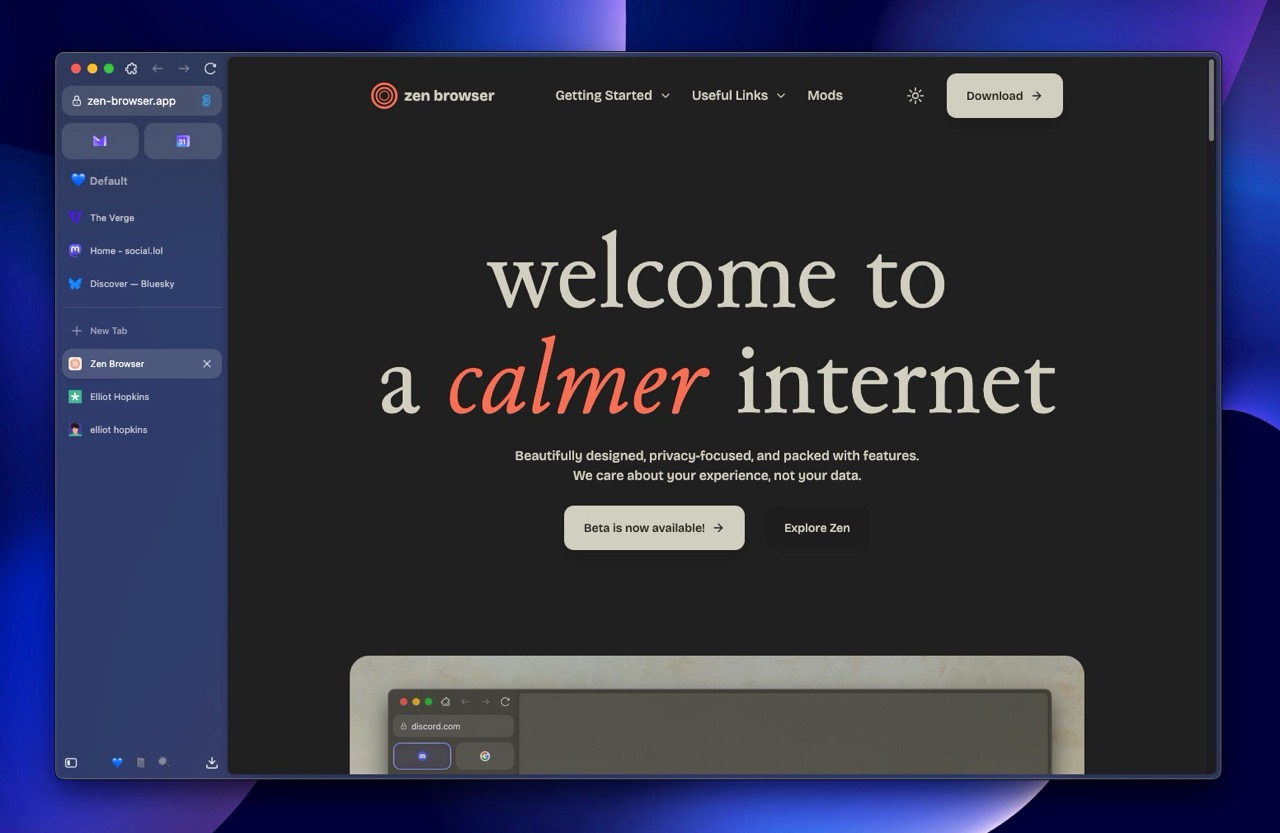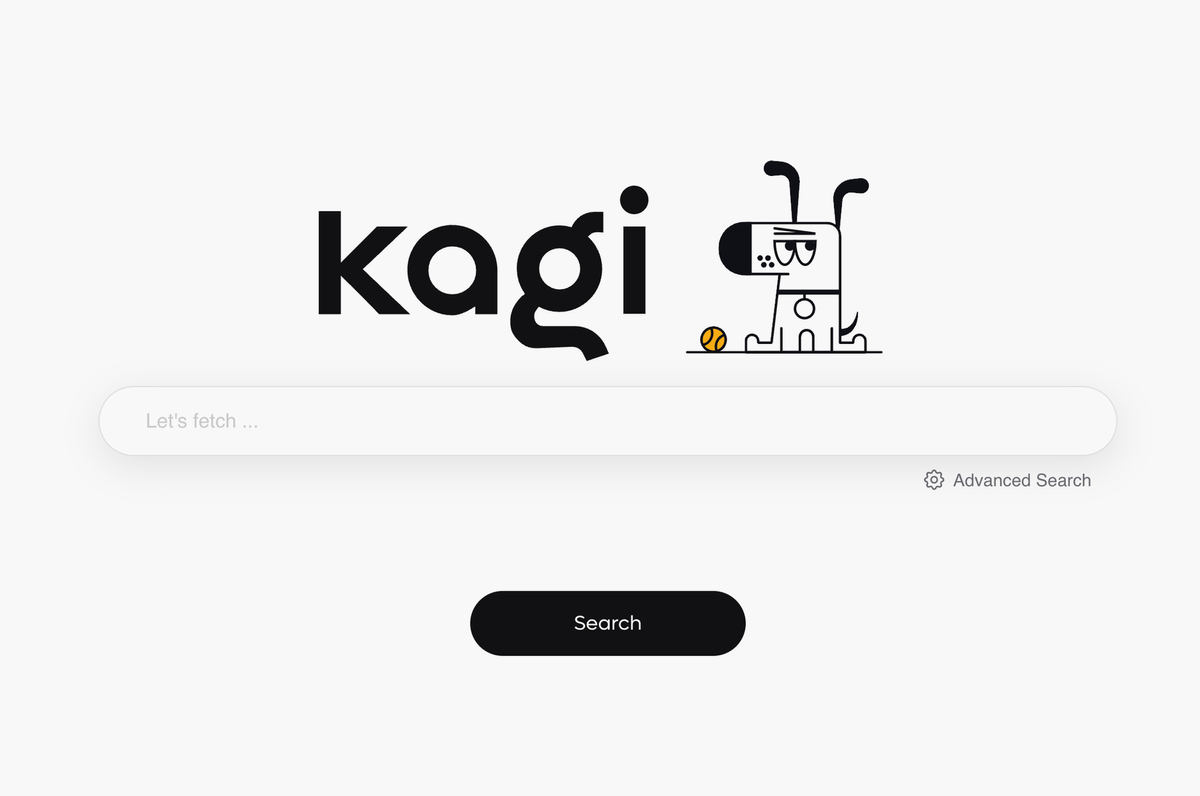What the TikTok Algorithm shows about the future of AI

Recently my cousin was in town visiting my family for the first time in about 3 years. We quickly found things to make conversation about and we had a long catch-up about everyone's lives. During this catch-up session, I noticed that her, my sister, and I were all bonding over things that we have seen online, specifically on TikTok. So, naturally, I asked her if she had TikTok.
She didn't. She said that she used to have it but realized she was wasting too much time scrolling away on TikTok instead of getting her work done. I too have had the same experience. I felt like I was wasting away hours of my day mindlessly scrolling on TikTok. I also deleted the app to regain that time back.
This reminded me of a discarded podcast episode I made a while ago on the dangers of the TikTok algorithm. I took another look at the research I did for that podcast episode and once again found it very interesting. Because of that, I decided I should write a post mainly based on that research I did, but edited for an post format including more of my thoughts and opinions.
If you didn't already know, TikTok is a short-form video based social media app primarily used by teens. Its main appeal is its For You page, which serves up new content using an algorithm that attempts to give you content it thinks you'll like based on various statistics it collects. This is similar to other social media algorithms, except the main focus of the app, it's For You page, is based on this algorithm. In fact, the majority of time spent on TikTok is devoted to the For You page (powered by its algorithm), rather than the following tab or trending page like other social networks. This is what makes the TikTok Algorithm so significant, as it is providing the majority of the content that people view on the app. This algorithm is insanely good at finding out what will keep people on TikTok.
But to truly understand TikTok, you also have to understand its history.
The History of TikTok
In 2012, a Chinese entrepreneur in his late 20s founded a tech startup called ByteDance. He began the company out of a small apartment in Beijing and was inspired by the fact that people in China were using their phones to read the news instead of reading traditional newspapers. ByteDance created an AI-driven news platform, which was very successful, and the product still exists in China today. In 2016, ByteDance released a short-form video sharing app that allowed users to add popular songs in the background of videos. This was also marketed to brands and advertisers as a way to get in touch with the new generation, Gen Z. But since the app was based in China, it had to abide by Chinese regulations. So, for the app to go global, it needed to make some adjustments. After making the proper adjustments and splitting off the global app from the Chinese app, in 2017, the world was introduced to TikTok.
In its first year after launching globally, TikTok acquired Musically, which was another popular short-form video-sharing app, and merged them together. From there, TikTok's downloads skyrocketed mainly due to its appeal to young people. Over the following years, it overtook many other popular social media apps and made its way to the top of the charts.
The Appeal of TikTok
As stated before, the main appeal of TikTok is how insanely good the algorithm that runs its For You page is. To fully understand how good the TikTok algorithm was, I interviewed a local teen and TikTok User for more info.
According to this teen, they spend about 95% of their time in TikTok on the For You Page, powered by TikTok Algorithm. This Algorithm keeps users engaged with content on the platform.
What are some of your favorite things about TikTok?
Just like being able to look at it forever and just always do entertaining things.
The power of the TikTok Algorithm is further emphasized by the fact that, unlike other social media websites, it doesn't really matter if your friends are on the platform.
How much do you think it matters if your friends are on TikTok?
Not a lot. I think one of the great things [about TikTok] is that it's like an opportunity to make new friends. And like you got to learn new things that you enjoy, which leads to like making [mutual friends], which just leads to a lot more different friends that you maybe didn't have the chance to make before.
So the Algorithm has a lot of power over people. It keeps them engaged and addicted to more content. And you don't select the content you want, the algorithm does (although you do influence what it shows you, you aren't the one in control). So what's going on under the hood of the TikTok Algorithm?
How the TikTok Algorithm Works
We don't know exactly how the TikTok algorithm works, but we can get a pretty good look at it. In a YouTube video by the Wall Street Journal, they did some digging on the TikTok algorithm. They made hundreds of bots scroll on TikTok to find out how the TikTok algorithm works. Each bot was assigned ages and interests. None of the interests were ever entered into TikTok. The only way that TikTok knew any of the user's interests was by rewatching or pausing videos with related hashtags. At first, all the bot accounts got a variety of popular videos. But then as the algorithm saw what the bots were interested in, the view counts of those videos dropped more and more. TikTok's algorithm could learn these bots' interests in less than two hours, but some in less than even 40 minutes.
The For You pages of these bots started with general interests, but these interests got more and more extreme. For example, the bot with a general interest in politics wound up serving videos about election conspiracies and QAnon.
As you know, users spend 90 to 95% of their time on TikTok on the For You page. Just with simple factors such as how long you linger over a video and what you like, TikTok learns your hidden interests and emotions. And this can drive you down different rabbit holes of content on the platform.
Would you say that there are probably more toxic areas or more bubbles or more positive bubbles or like they kind of even each other out?
Thing is, I think there's less toxic bubbles, but they are bigger. [...] So like, while there is a lot more positive levels, there is just huge, like toxic bubbles.
Conclusion
The power the TikTok algorithm holds is wild. That paired with the insane accuracy of it makes for a scary combo. It shows us a glimpse of a potential future with AI if we are not careful. AIs like ChatGPT are progressing faster than ever and if we are not careful, these AIs will hold more and more power over us, which can only end in disaster. We should use the TikTok algorithm as a guide of what not to do, and a lesson on the dangers of AI if not managed correctly.
Although, as much as I covered the negative sides of TikTok and its algorithm in this post, it's important to note that it's not all bad. There are a lot of good things about TikTok and its algorithm. One example of this is that TikTok and its algorithm makes a place on the internet for people to reach a wide audience of people that they may have not reached before. It's another tool that can be used to spread new ideas and empower otherwise unheard voices.
The TikTok algorithm isn't the problem, it's us. We need more transparency with AI products and we need to be skeptical about most AIs for the time being.
We need to be careful.
Mentioned in this post:
- The Rise of TikTok: From Chinese App to Global Sensation (Wall Street Journal)
- How TikTok's Algorithm Figures You Out (Wall Street Journal)



